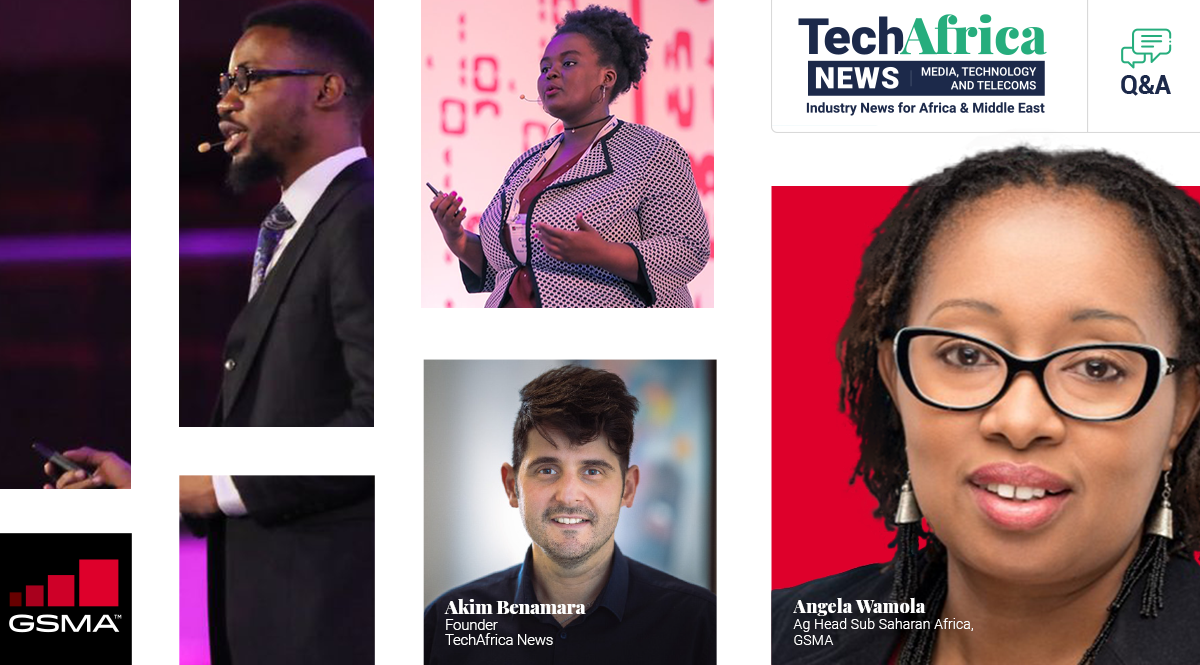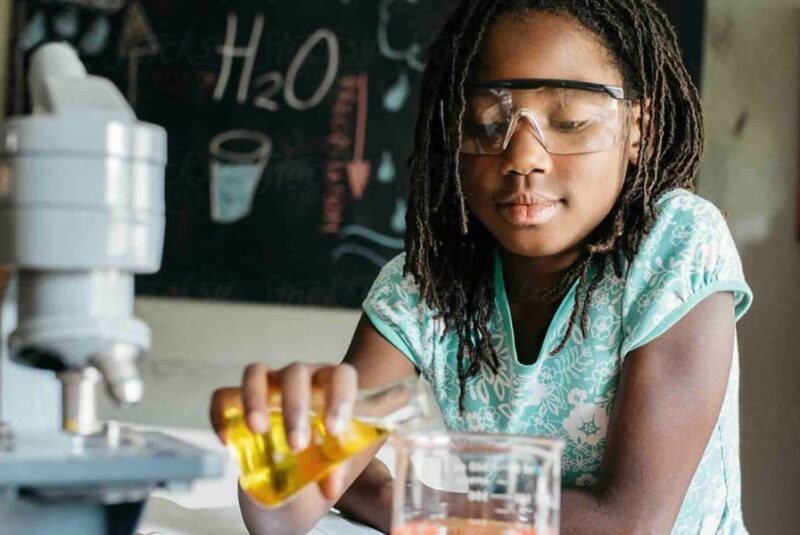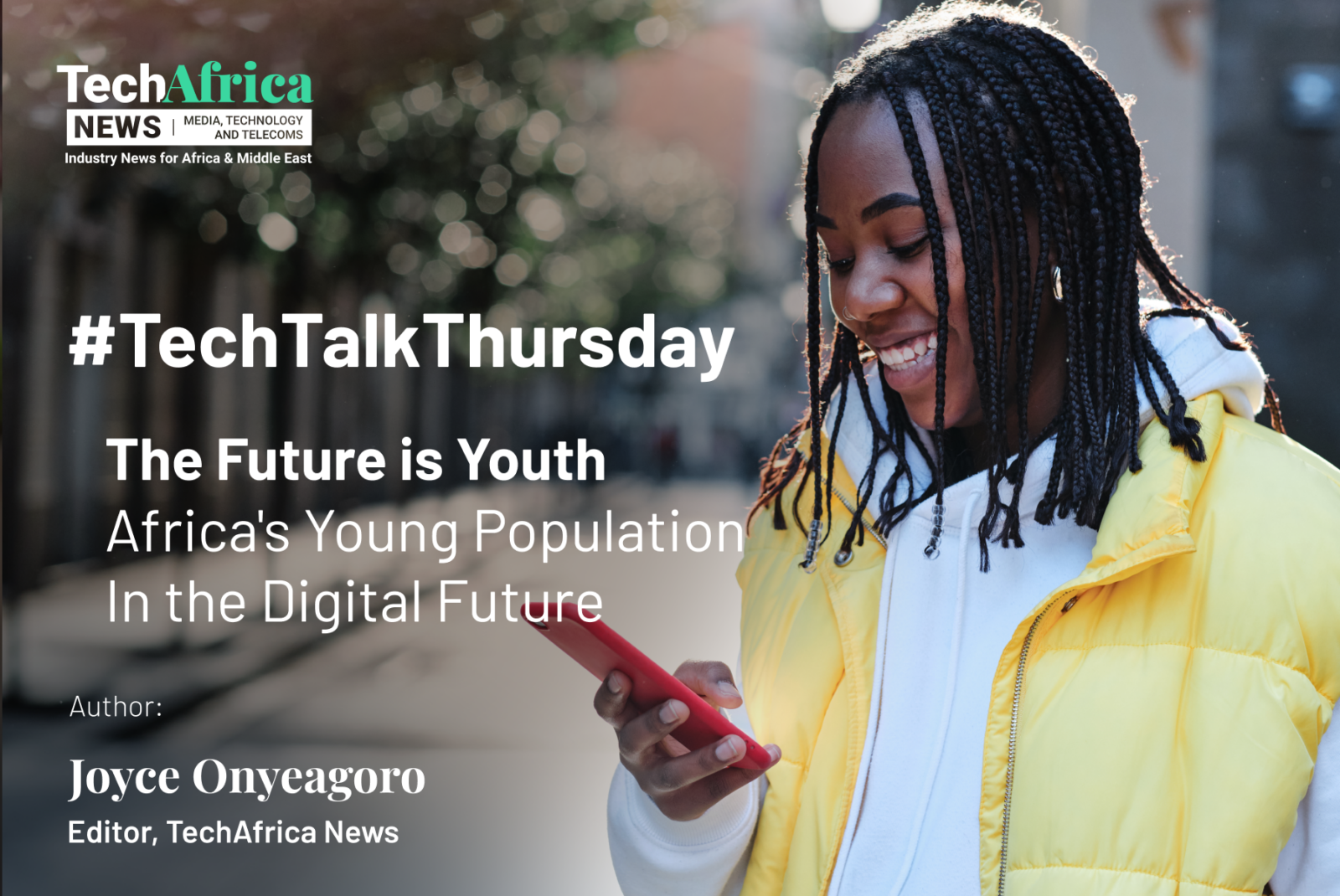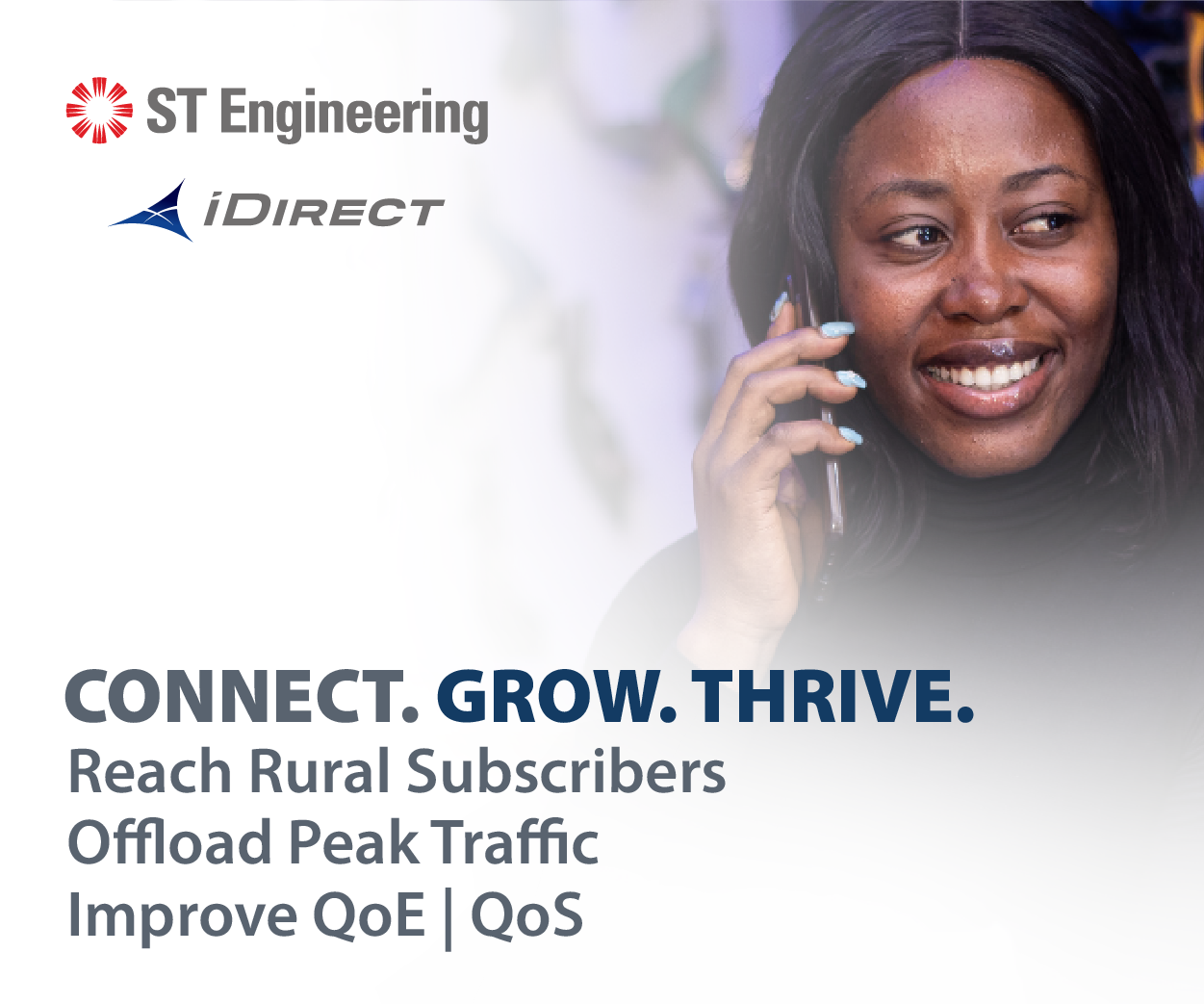MWC’s main objective has been to bring the industry closer and foster diversity in thought. Could you please specify the idea behind this and how the MWC has evolved over the years?
Angela Wamola: It was great to get back to business and celebrate MWC Africa powered out of Kigali. The event attracted 1500 attendees and 60 speakers comprising industry leaders who, together with GSMA representatives, convened online to discuss the future of the mobile ecosystem.
This year’s theme Powering a Continent showcased how the entire digital ecosystem can transform lives and significantly support the role of connectivity in powering a better future, sparking conversation and imagination through keynotes and panel discussions. The online event explored the impact of 5G and its enabling services in emerging markets as well as how technology and connectivity can lead the global recovery.
We know that MWC Africa will become a regular fixture in the calendar, and hope that it continues to grow and evolve.
Mrs.Angela Wamola
AG Head Sub Saharan Africa, GSMA
It is truly exciting that MWC is finally coming to Africa and your flagship virtual conference concluded recently. How has your experience been until now?
Angela Wamola: We are proud of what we have built with Thrive and the previous Mobile 360 events, which have helped shape the continent’s connected digital future. The time was right, however, to bring the power and excitement of the MWC brand to Africa and add it to our world-leading platform for thought-leadership and technology, recognizing the important role Africa will play in our connected future.
We understand that Africa is at the helm of a massive digital revolution. Was that the reason for you to bring the MWC here? Can you also tell us of any other reasons as to why you chose Africa?
Angela Wamola: Around the world, access to mobile internet is helping close the digital divide. Its transformative power is nowhere more obvious than in Africa. That is why we wanted to welcome the world to Kigali to shine a light on African mobile and tech innovation.
Through industry-leading events like MWC Africa, the GSMA encourages sector-wide dialogue with governments and policymakers to help foster mobile adoption, usage, and digital inclusion, which in turn will help drive the enonomic growth across African countries.
Mrs. Angela Wamola
AG Head Sub Saharan Africa, GSMA
With big telco players in the continent constantly trying to bring about digital inclusivity here, Africa is witness to a very rapid change. How do you think the coming of the MWC will empower the continent and affect the ongoing change?
Angela Wamola: Mobile connectivity is a vital enabler of economic and social development across Africa and the GSMA convenes the industry at MWCA Africa to tackle the issues, drive innovation in digital technology and reduce inequalities in our world. The impact of 5G, digital inclusion and the role of connectivity in powering a better future are necessary discussions that will catalyze the potential of mobile connectivity to drive economic growth across African countries through greater digital inclusion.
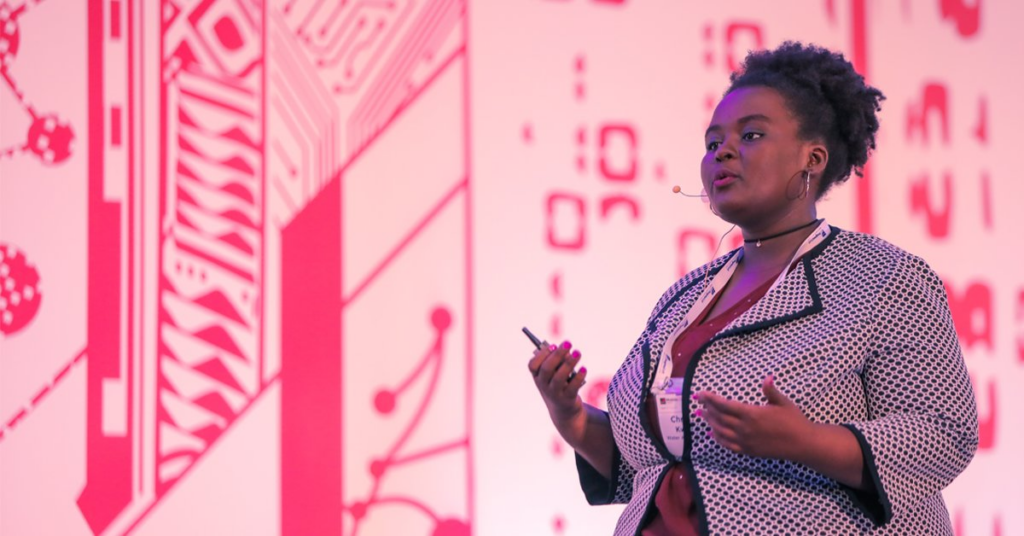
The entire digital ecosystem is paramount to transforming lives of Africans and contribute to the regional economy, particularly considering the effects of COVID-19 pandemic on the economy.
Driving access to digital services has been crucial in keeping economies active and mitigating the socioeconomic repercussions of the COVID-19 pandemic. To improve mobile adoption, policy measures should focus on encouraging investment in much-needed infrastructure and improving consumers’ ability to access digital services.
Can you tell us more about virtual conferences held in 2021?
Angela Wamola: Yes, of course. This year we’re thrilled to have been able to round out the year with some fantastic virtual events as well as in person.
- In October, the theme for the event was ‘Connect for Impact’ which was focused on the mobile coverage and usage gap and was an opportunity for partners and industry players to discuss solutions and lessons learnt regarding this during the pandemic.
- Our theme for the month of November was focused on ‘Fintech’ and explored the latest innovations and discuss opportunities for new partnerships and leveraging emerging technologies with regard to financial service.
- The theme for December was ‘Building Wakanda’ and highlighted innovations in technology and how they will aid Africa in becoming a global leader in this area. Africa is in a strong position to encourage growth and facilitate the success of new start-ups in the region through the collaboration of governments and investors from around the world.
We will have another theme week in April 2022 where more themes will be delved into. We can share more details of this closer to the time too.
What is exciting about the industry in Africa is the huge array of innovators who are driving forward connectivity and digitalization at pace, and we look forward to working with as many partners as we can.
Mrs. Angela Wamola
AG Head Sub Saharan Africa, GSMA
Can you shed some light on the intentions of the MWC in Africa? What is it that you are trying to ultimately achieve?
Angela Wamola: Through industry-leading events like MWC Africa, the GSMA encourages sector-wide dialogue with governments and policymakers to help foster mobile adoption, usage, and digital inclusion, which in turn will help drive economic growth across African countries.
For example, by implementing fiscal policies that encourage rather than hinder much-needed investment in infrastructure and help to improve consumer access to digital services. Mobile sector taxation is a barrier to digital inclusion in Sub-Sahara Africa, where mobile services are subject to a high level of sector-specific taxes.
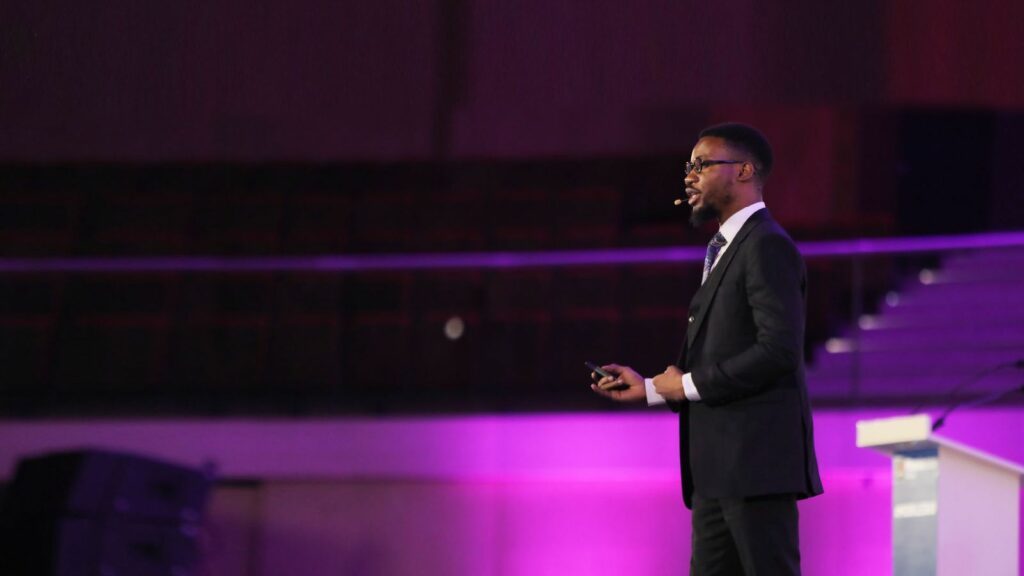
While we are really looking forward to the MWC 2022, what are some of your expectations for the event? What are you looking forward to the most?
Angela Wamola: As we’ve wrapped our first MWC Africa, now is a time for reflection and learning so we can channel this into making the MWC event in 2022 even more valuable for attendees, exhibitors, and partners. Driving increased connectivity and development in the industry across the continent will of course feature.
Africa has seen a dramatic increase in innovations and start-ups in the last few years. Can you tell us what changes these startups and SMEs can expect with the arrival of the MWC?
Angela Wamola: Well, this year the GSMA celebrated a major milestone, having impacted over 100 million lives globally through its Mobile for Development (M4D) activities. In Africa alone, M4D initiatives have reached over 45 million people across 128 projects. M4D has contributed to almost all the 17 UN Sustainable Development Goals (SDGs). Many start-ups and SMEs on the continent played a huge role in this and the arrival of MWC Africa will allow for an even bigger platform for these businesses to showcase successes and share best practices.
Are there any specific companies that you are looking forward to forging a solid connection with in the coming years?
Angela Wamola: What is exciting about the industry in Africa is the huge array of innovators who are driving forward connectivity and digitalization at pace, and we look forward to working with as many partners as we can. I want to extend a special thanks to the GSMA team and our founding partners Mastercard, MTN, Orange, and ZTE, headline sponsor Safaricom, and the keynote speakers, stakeholders, and all those who joined the event this year.
The people in Africa experience the technological changes involved in the ongoing digitization process at fast pace. However, the connectivity is still not reaching some rural or semi-rural areas. What needs to be done, from your perspective, to help increase digital connectivity especially in those areas?
Angela Wamola:
While the number of people using mobile internet has also increased for the second year in a row, the usage gap remains large and accounts for the majority of the unconnected. In 2020, 3.4 billion people (43% of the world’s population) lived within the footprint of a mobile broadband network but were not accessing mobile internet services. Low- and middle-income countries (LMICs) now account for almost 93% of the world’s unconnected population and more than 98% of the uncovered population.
The barriers that prevent mobile internet usage include lack of awareness of mobile internet and its benefits, literacy, and digital skills as well as affordability, especially of internet-enabled handsets. Awareness has increased disproportionately in rural areas compared to urban areas since 2017 in all the markets surveyed. For example, in Nigeria, rural populations are now 19% less likely to be aware of mobile internet than urban residents, compared to 56% in 2017.
A lack of literacy and digital skills remains the biggest perceived barrier to mobile internet adoption and use among mobile users aware of mobile internet across the surveyed markets.
This barrier disproportionately affects people living in rural areas and women, who are also more likely to have lower literacy levels, attributable to social, economic, and cultural factors. In many countries, the economic impact of the pandemic on jobs and income has therefore had a larger negative impact on affordability than the positive trend seen in prices.



